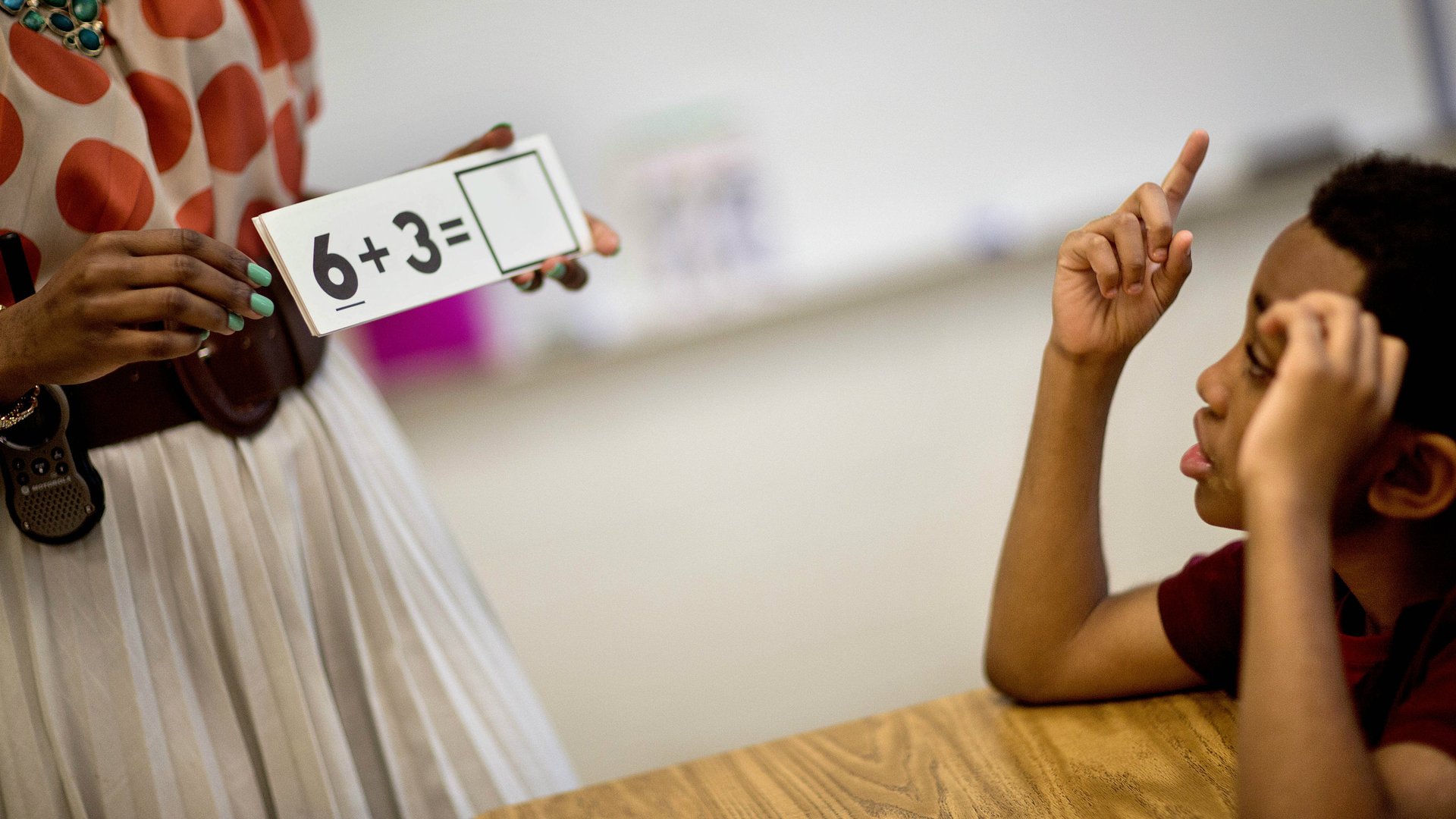The SAT is meaningless because it’s so easy to game
I scored a perfect 1600 when I took the SAT test in 2004.


I scored a perfect 1600 when I took the SAT test in 2004.
A year after graduating from Princeton, I founded and ran The Edge in College Prep, an elite test preparation and admissions counseling company. Now, as the founder of Admittedly, a college advisory platform and an expert on these high stake tests, I’m convinced they shouldn’t be such a large part of the higher education decision-making game.
There are many, many reasons to take issue with these tests. But one of the reasons which resonates most with me is that it is so easy to improve someone’s score by 20%, 30% even 40%. That kind of improvement shouldn’t even be possible on a test that is supposedly designed to measure aptitude.
Gaming these tests is a privilege often only available to the privileged. Test prep courses cost money and any system in which some students can buy a better outcome is fundamentally unfair.
Rather than just complain about it, I have an idea to reduce the impact of the private companies that teach students how to crack standardized test codes.
Until colleges and others in the higher education community stop using academic tests like the SAT and ACT as measures of college-worthiness, we should ensure that all 11th and 12th grade math and English teachers are equipped with the tools and training they need to actually help their students score well.
What if every high school teacher who taught an SAT-related subject knew (and taught) the same tricks as the pricey outside prep companies?
Right now, there’s no requirement at all for math and English teachers in public (or private) schools to have any training in how to prep students for these exams. When I was at The Edge, I did some professional development work for teachers using the online SAT/ACT prep course and some teachers didn’t even break 500 on the mock exams we gave them.
So if a student’s teachers cannot score above average, it’s difficult to expect students to do significantly better without outside help.
Moreover, the average age of teachers in the US ranges from 41 to 46, which means that these teachers, on average, have not put their hands on an SAT or ACT exam in 25 to 30 years. In 2005 the perfect score changed to 2400 and then in 2016 it will be changing back to a perfect score of 1600.
It may sound impossible to get the secret test prep sauce out of the pay-for-play prep companies and into the hands and lesson plans of teachers, but it can be done.
First, the test prep secrets aren’t secret. If 16-year-olds can learn the tricks, teachers can too.
Now, teachers can develop expert mastery of new techniques and subject matter through online training, counseling and continuing support. With online professional development systems like those being deployed by Datacation’s Casenex, we can give far better, sustained SAT/ACT training to teachers than even the best test-prep companies deliver to students.
Ideally, there would be a system that allowed teachers to get certified as SAT test preparation experts through interactive and supportive professional development. It would not be long before administrators at the school and district levels saw and bragged about the results and, consequently, pushed to get more and more teachers certified.
The question isn’t whether test prep helps—it does—or whether these tests can be beaten—they can be.
The question is whether we’re going to continue to support a system that favors those who can pay to skip ahead, or whether we’re willing to put the knowledge and skills being sold in the test-prep market in the hands of teachers, to be shared—imagine it—in a classroom. For free.